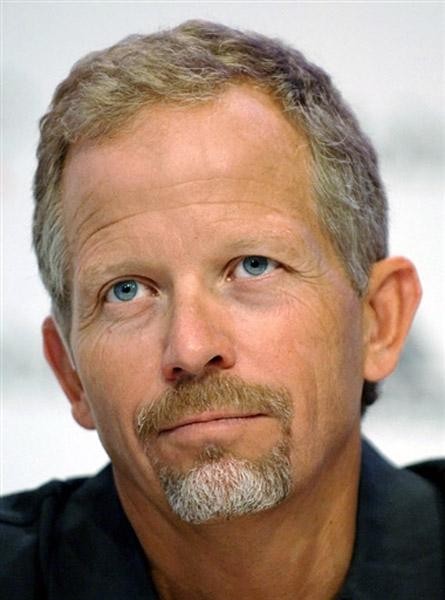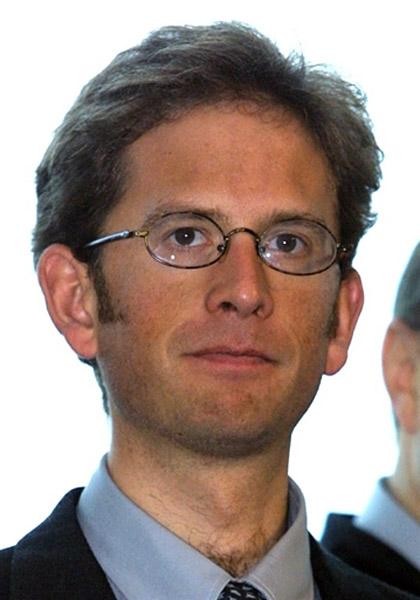Catlin fills ACE void for Columbia and Garmin
By Daniel Benson Team Columbia and Garmin Chipotle have confirmed they will be using leading...


By Daniel Benson
Team Columbia and Garmin Chipotle have confirmed they will be using leading anti-doping scientist Don Catlin and the Anti-Doping Sciences Institute (ADSI) for their internal testing programmes for next year.
Columbia Team Manager Bob Stapleton said to Cyclingnews that he initially approached Catlin and the anti-doping institute before working with Agency for Cycling Ethics (ACE). However once ACE went out of business working with Catlin became an easy choice.
"I tried to push ACE to work with him last year but I'm really excited to work with such a smart guy who has a real background in this line of work. What impressed me was his interest in supporting clean athletes. I really like that," said Stapleton.
Both USA-based teams will share all their stored data with Catlin. "We will be working with Garmin to bring the programme together. The direction is quite different to ACE as the UCI [International Cycling Union - ed.] now have the biological passport in place, and we've already done a lot of baseline testing. We have a complete database on our athletes. That's a pretty powerful tool with a year or more of history."
Catlin will target the testing - to be done by labs selected and contracted by ADSI - based on rider history, lab results and race programmes in order to determine who will be tested and when. Blood and urine tests will be performed with the goal of detecting EPO, CERA, steriods and other drugs as well as developing profiles for longitudinal blood markers and steroid levels.
Garmin Team Manager Jonathan Vaughters confirmed that Catlin would go further than UCI testing and that this step was a natural one for both teams. "Both Bob and I sat down and discussed this at length. We weighed up the pros and cons for each option but both teams share a similar philosophy on anti-doping, so it was a good direction to move in.
Get The Leadout Newsletter
The latest race content, interviews, features, reviews and expert buying guides, direct to your inbox!
"Don Catlin isn't restrained by so much protocol when it comes to testing, he can look at results and test for drugs that aren't even on the market and can then come to us and say 'the results for this guy are very strange' and from there we can act," he said.
Vaughters also confirmed that Catlin would have full access to the UCI's biological passport programme and that both anti-doping bodies would work with the World Anti-Doping Agency (WADA) and the ADAMS whereabouts system. He also confirmed that Catlin had already tested his riders in November in order to build up his own off-season profiles. The results of Catlin's testing will be made available to both the UCI and WADA.
Garmin rider Will Frischkorn said that Catlin's work would go further than the tests run by the UCI. "They'll be running full bio-marker testing and looking for drugs and blood modifiers in a far more rigorous manner than the UCI. At this stage I think we'll be tested on a monthly basis."
One of Columbia's newest recruits, Mark Renshaw, shared the general optimism for the future. "It's going to be interesting to see what [Catlin] can bring but it's good that both teams are using him, but I'd be a lot happier if everyone in the peloton was under the same rules and testing," he said.
Team Columbia estimated that the program would collect about 600 test samples from its riders during the season.
Daniel Benson was the Editor in Chief at Cyclingnews.com between 2008 and 2022. Based in the UK, he joined the Cyclingnews team in 2008 as the site's first UK-based Managing Editor. In that time, he reported on over a dozen editions of the Tour de France, several World Championships, the Tour Down Under, Spring Classics, and the London 2012 Olympic Games. With the help of the excellent editorial team, he ran the coverage on Cyclingnews and has interviewed leading figures in the sport including UCI Presidents and Tour de France winners.
